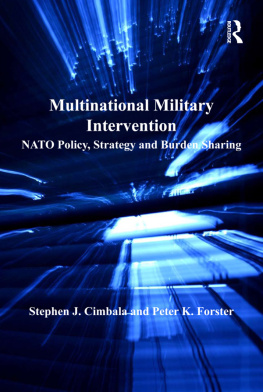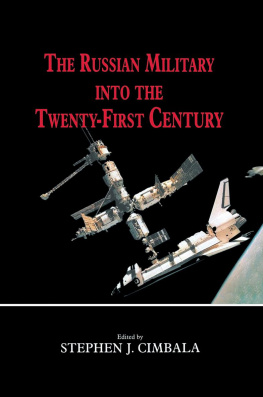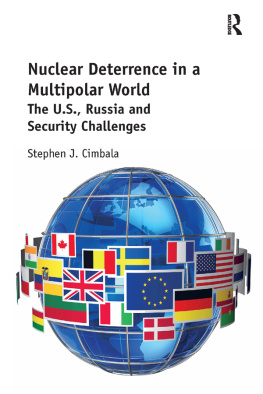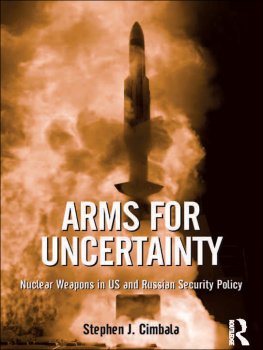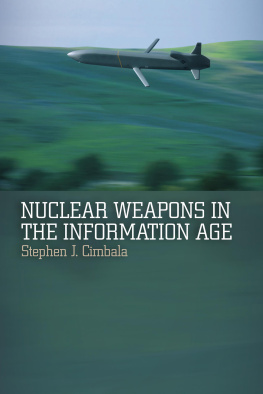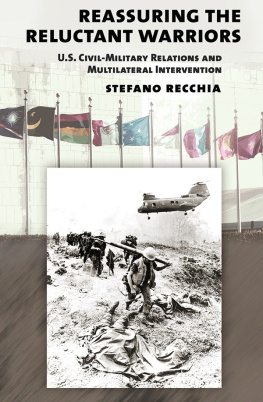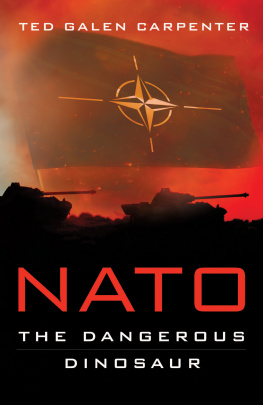MULTINATIONAL MILITARY INTERVENTION
At a time when burden and responsibility sharing debates amongst NATO allies have reached a new level of intensity in Afghanistan, the authors provide cogent and insightful analysis of how such debates have played out in critical areas of the world since the late Cold War years. An invaluable book for security policy analysts and political and military practitioners alike.
Martin A. Smith, Royal Military Academy Sandhurst, UK
This extraordinarily perceptive book is an essential guide for policy makers and citizens wishing to understand the role of NATO in meeting the challenges of the complex security era that is upon us. The product of mature reflection by leading scholars, it is a thoughtful and forward-looking analysis that shows both the problems and potential of our most important alliance in the years ahead.
John Allen Williams, Loyola University Chicago, USA;
Chair and President, Inter-University Seminar on Armed Forces and Society
Multinational
Military Intervention
NATO Policy, Strategy and Burden Sharing
STEPHEN J. CIMBALA
Pennsylvania State University, USA
PETER K. FORSTER
Pennsylvania State University, USA
First published 2010 by Ashgate Publishing
Published 2016 by Routledge
2 Park Square, Milton Park, Abingdon, Oxon OX14 4RN
711 Third Avenue, New York, NY 10017, USA
Routledge is an imprint of the Taylor & Francis Group, an informa business
Copyright Stephen J. Cimbala and Peter K. Forster 2010
All rights reserved. No part of this book may be reprinted or reproduced or utilised in any form or by any electronic, mechanical, or other means, now known or hereafter invented, including photocopying and recording, or in any information storage or retrieval system, without permission in writing from the publishers.
Notice:
Product or corporate names may be trademarks or registered trademarks, and are used only for identification and explanation without intent to infringe.
Stephen J. Cimbala and Peter K. Forster have asserted their right under the Copyright, Designs and Patents Act, 1988, to be identified as the authors of this work.
British Library Cataloguing in Publication Data
Cimbala, Stephen J.
Multinational military intervention : NATO policy, strategy and burden sharing.
1. North Atlantic Treaty Organization--Armed Forces. 2. Multinational armed forces. 3. Security, International--Case studies. 4. Conflict management--International cooperation--Case studies.
I. Title II. Forster, Peter Kent.
327.1'7-dc22
Library of Congress Cataloging-in-Publication Data
Cimbala, Stephen J.
Multinational military intervention : NATO policy, strategy, and burden sharing / by Stephen J. Cimbala and Peter K. Forster.
p. cm.
Includes bibliographical references and index.
ISBN 978-1-4094-0228-2 (hardback)
1. North Atlantic Treaty Organization. 2. Military policy--Case studies. 3. Multinational armed forces--Case studies. 4. Intervention (International law)--Case studies. 5. Security, International--Case studies. 6. International cooperation--Case studies. 7. Strategy--Case studies. I. Forster, Peter Kent. II. Title.
UA646.3.C4947 2010
355.4'6--dc22
2009041632
ISBN 9781409402282 (hbk)
Contents
List of Figures
List of Tables
Preface
United States President Barack Obama arrived in office in January 2009 facing a daunting international security agenda that included two wars and a so-called war on terror inherited from his predecessor, former President George W. Bush. Near the end of his second term, Bush had agreed with the government of Iraq a timetable for the departure of American armed forces by the end of the calendar year 2011. Obama, who had opposed the Iraq war as a member of the US Senate, was only too glad to expedite the US military departure from that troubled land, although the US political commitment to support a post-Saddam Hussein regime in Baghdad remained on the table. On the other hand, Obama supported an increased US military commitment to Afghanistan, where Taliban resurgence and havens for terrorists in Afghanistan and Pakistan threatened stability in the region and counterterror efforts worldwide.
Unlike in Iraq, the US in Afghanistan had the support of the most successful multilateral military alliance of modern times: the North Atlantic Treaty Organization (NATO). In Afghanistan, NATO, conceived as an anti-Soviet alliance during the Cold War, now found itself sorting out problems of shared cost and risk, of politics and strategy, in a land famous for burying the imperial dreams of invaders from ancient Greece to modern Russia. In addition, NATO was performing as collective gendarme of the Hindu Kush while expanding and taking on additional responsibilities in Europe, including the addition of new members as far eastward as the western borders of Russia. How did the US and NATO come to define American and European security interests as requiring such a broadband of commitments, including major force deployments in South Asia and priority military missions that included stability and security operations, counterinsurgency, and counterterror?
It begins with the US and NATO reactions to the terrorist attacks of 9/11 and to the decision by the Bush Administration that the war on terror would require, not only regime change in Afghanistan, but also in Iraq. When President George W. Bush stood on the deck of an aircraft carrier on May 1, 2003 and declared an end to the active combat phase of the war against Iraq, his political star seemed to crest on the basis of a rapid and decisive military victory over the despised regime of Saddam Hussein. But, to the surprise of the Bush Administration and many military experts, the euphoria of May was soon replaced by the uncertainty of the post-war occupation and reconstruction of Iraq. By September of 2003, President Bush was reluctantly heading to the United Nations for a cosmetically disguised concession speech. The US was a reluctant suitor in September for a United Nations whose political approval for military intervention against Iraq the preceding March was judged by Bush as unnecessary or irrelevant.
What had happened between May and September to change the Bush Administration from a diplomatic posture of swaggering unilateralism to a policy of reluctant multilateralism in its approach to the reconstitution and reconstruction of postwar Iraq? The short answer is that the Bush Administration learned a hard lesson in those few months: peace, especially the peace that follows a controversial military intervention, is harder than war. The object of a war, as Clausewitz emphasized, is to advance the policy objectives of a state or coalition of states. Or, in another variation on the same theme: the object of a war is a better peace. Even officials in the Bush Administration acknowledged as much. They optimistically assumed that an anti-Saddam Iraqi majority, empowered by the hated dictators deposition, would rally to the US as a liberating force, not as an occupying power. Therefore the political cleanup and economic reconstruction of Iraq could be handled by the war making coalition (the US and the United Kingdom) and cooperative Iraqis without major involvement on the part of other powers, including the French, Germans, Russians and others who were doubters about the necessity for war in Mesopotamia. The US Department of Defense civilian leadership estimated that American occupying and rebuilding forces in Iraq could be reduced to some 30,000 by September 2003: in actual fact, some 127,000 US troops remained in Iraq during the third week of September.


